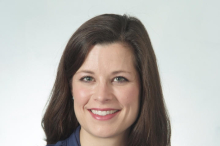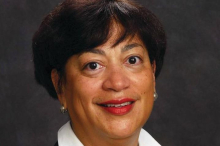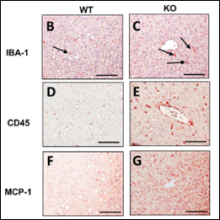Grocery shopping can be overwhelming given the number of choices down every aisle and deciding between what is healthy or not can add to that challenge. It is possible to stick to a healthy meal plan – you just have to plan ahead.
Here are grocery guidelines to reduce the amount of dietary fat, sugar, and salt that is associated with a higher risk for obesity, heart attack, diabetes and other diseases.









